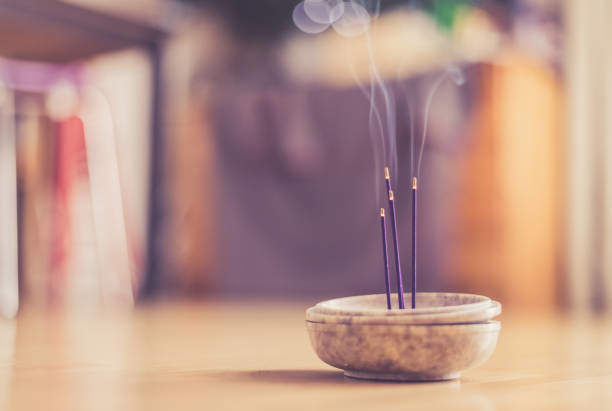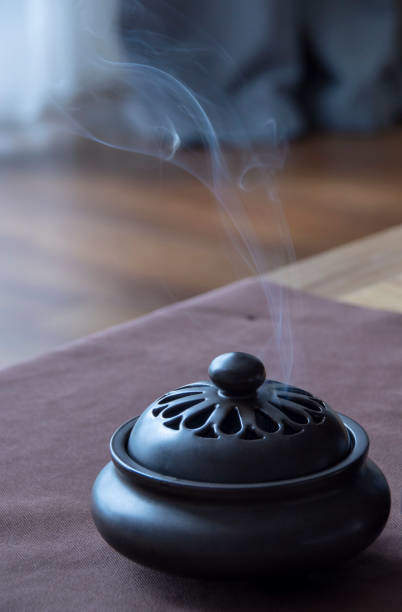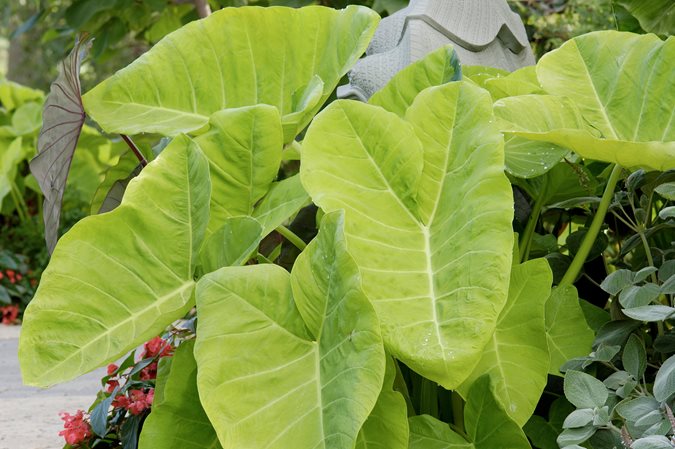List of Spiritual Smells and Their Meanings: Discover Their Significance
Have you ever smelled something and it made you feel a certain way? Like, maybe a smell reminded you of a special memory or just made you feel calm and relaxed.
Well, in many cultures and religions, certain smells are believed to have spiritual meanings. These smells are thought to have powers that can help you meditate, do rituals, and grow as a person.
Let’s take a look at some of these spiritual smells and what they’re supposed to mean.

Floral Smells and Their Meanings
Roses are often connected to love and spirituality. Their sweet smell is seen as pure and a way to connect with something divine.
Jasmine, on the other hand, is linked to sensuality and divine love. Its strong smell is thought to help you grow spiritually.
The lotus flower is all about enlightenment and spiritual awakening, while the gardenia is said to represent new beginnings and peace.
Earthy and Woody Smells
Some earthy and woody smells are really important in spirituality too. Sandalwood is great for grounding yourself and meditating. It’s supposed to increase your spiritual awareness.
Patchouli, with its musky smell, is used for emotional healing and spiritual cleansing. Cedarwood is all about purification, protection, and inner strength.
And frankincense, with its rich, resinous aroma, is deeply connected to spirituality, meditation, and ancient rituals.
Citrus and Fruity Smells
Who doesn’t love the fresh smell of citrus? Lemon is believed to help you focus and have positive energy. Orange, on the other hand, is linked to joy, creativity, and abundance.
Its zesty smell can really lift your mood. Grapefruit is also thought to be energizing and refreshing, while the tropical scent of coconut is associated with spiritual nourishment, protection, and relaxation.

Herbal and Spice Smells
The calming smell of lavender is often used for spiritual healing and relaxation. Sage is said to promote wisdom and mental clarity, while also acting as a purifier.
The warm, spicy scent of cinnamon is linked to prosperity, spiritual grounding, and a sense of warmth.
And clove is believed to offer protection, help with spiritual cleansing, and improve mental focus.
Other Smells with Special Meanings
Vanilla’s comforting aroma is thought to provide spiritual grounding and sensuality. Amber is associated with strength, confidence, and spiritual connection.
The resinous myrrh has long been used in spiritual rituals and meditation practices. And musk, with its earthy yet alluring scent, is believed to enhance sensuality, attraction, and grounding.
Cultural and Religious Connections
Different cultures and religions have their own special connections to certain smells.
For example, in Hinduism, sandalwood and jasmine are commonly used in pujas (rituals) and are believed to have purifying and spiritually uplifting powers.
In Christianity, frankincense and myrrh are symbolic of the gifts given to the baby Jesus by the Three Wise Men.

Using Spiritual Smells
So, how can you use these spiritual smells in your own life? One way is to use them during meditation or personal rituals.
You could diffuse essential oils, burn incense, or create aromatic blends using these fragrances. Some people also like to anoint themselves or their living spaces with these scents to create a calming, spiritual atmosphere.
Conclusion
The world of spiritual smells is really fascinating! From floral and fruity to earthy and woody, these aromas have been treasured for centuries for their ability to enhance spiritual practices, promote emotional well-being, and connect us to something deeper within ourselves.
Why not explore the power of these fragrant allies and see how they can enrich your own journey of personal growth and spiritual exploration?







